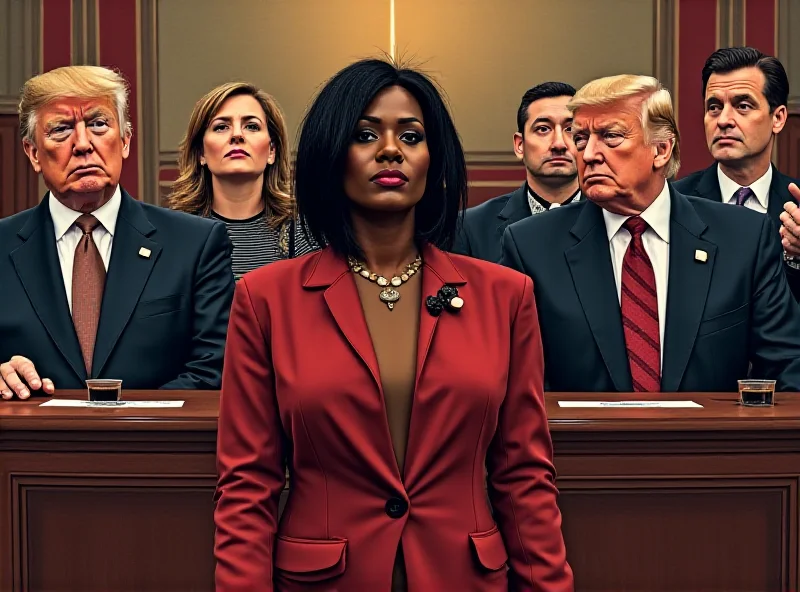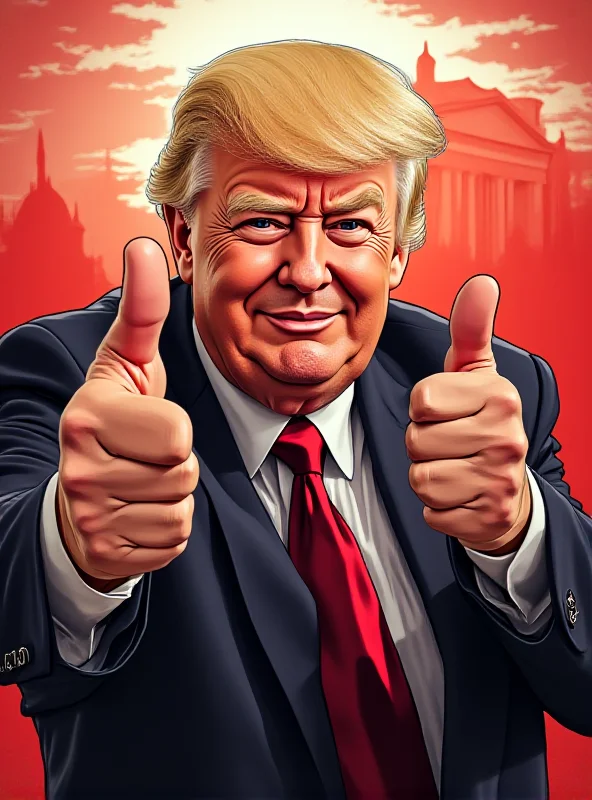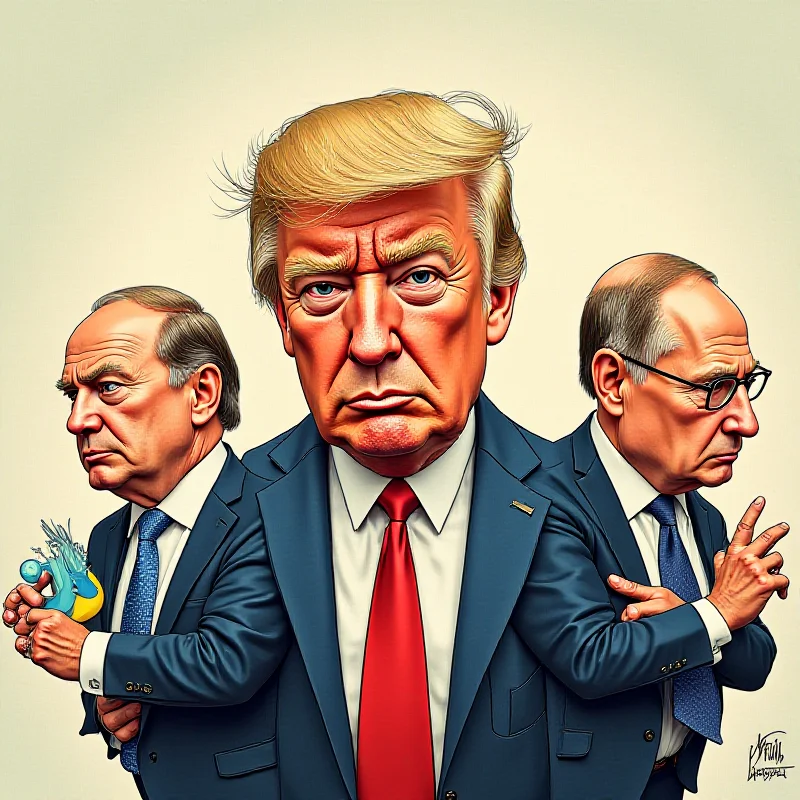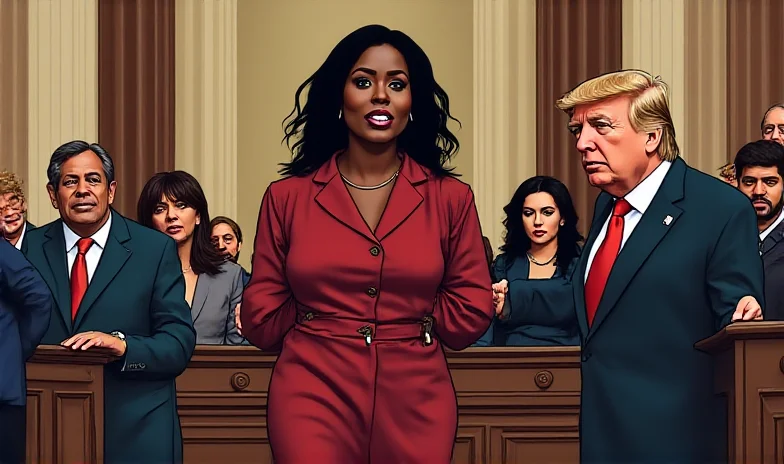Donald Trump's stance on Ukraine and its President Volodymyr Zelenskyy has been a subject of much debate and scrutiny. Recent events suggest a complex and perhaps evolving approach, characterized by both harsh criticism and moments of apparent softening.
Pressley's Protest and Trump's Comments
During a recent address to Congress, Trump's remarks ignited controversy. Representative Ayanna Pressley walked out in protest, reportedly stating she "could not stand one more second." The specific trigger was allegedly Trump referring to Senator Elizabeth Warren as "Pocahontas" and suggesting Warren wanted the war in Ukraine to continue for five more years. This incident highlights the deep political divisions surrounding Trump's rhetoric.

However, other reports indicate a shift in Trump's tone. Just days after reportedly berating Zelenskyy in the Oval Office and cutting military aid to Kyiv, Trump expressed appreciation for what he described as Zelenskyy's "climbdown" during the Congressional address. This apparent softening raises questions about the motivations behind Trump's changing rhetoric.
Lukashenko's Approval and International Perspectives
Adding another layer to the narrative, Belarusian leader Alexander Lukashenko has publicly praised Trump's policy towards Ukraine. Lukashenko's comments came after a reported disagreement between Trump and Zelenskyy at the White House. Such endorsements from authoritarian figures further complicate the perception of Trump's foreign policy approach.

Political Cartoon Commentary
The complexities of the situation have also been captured through political satire. A cartoon titled "Lessons of Peace" by Mario Natangelo, featured in Il Fatto Quotidiano, uses humor to comment on the geopolitical dynamics involving Ukraine, Russia, Zelenskyy, and Trump. The cartoon serves as a visual representation of the ongoing tensions and the various perspectives surrounding the conflict.

Ultimately, Trump's evolving stance on Ukraine and Zelenskyy remains a complex and multifaceted issue, influenced by domestic political considerations, international relations, and the ongoing conflict in the region. Whether this shift represents a genuine change in policy or a strategic maneuver remains to be seen.
